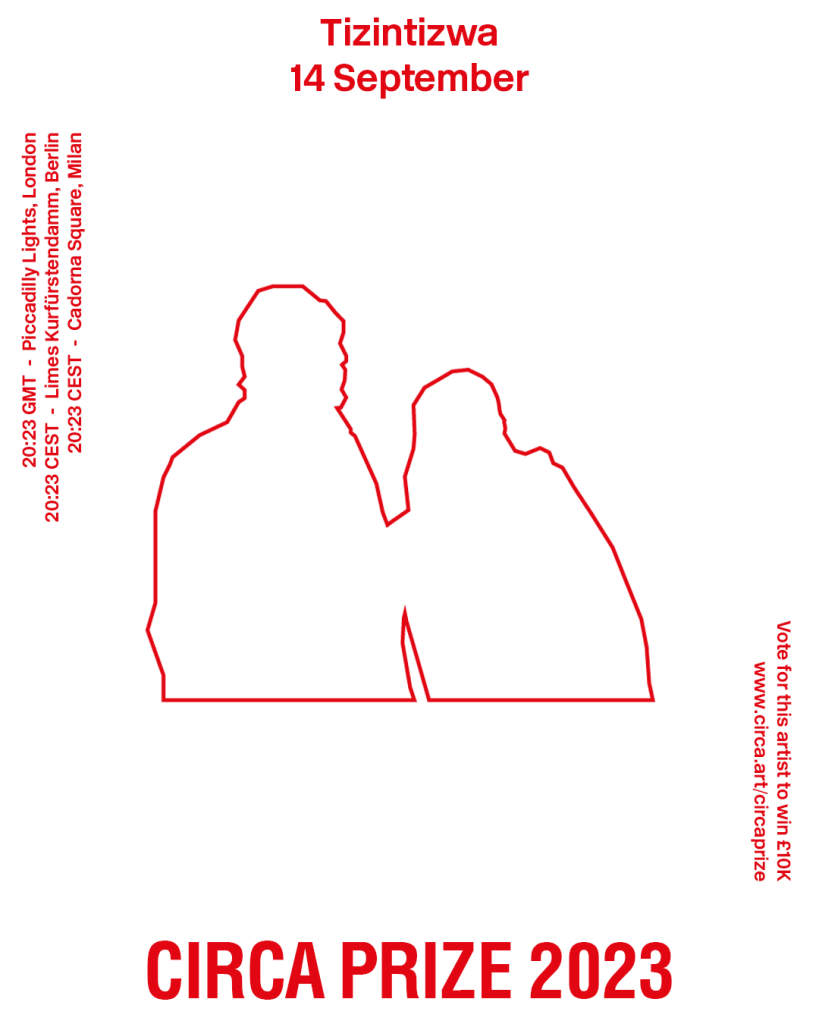Tizintizwa
Upon colonising North Africa, the French sought to resurrect “the Granary of Rome” as they called our region. To this end, one of the indigenous Amazigh (Berber) practices France banned (to increase agricultural productivity) was controlled burning. For them, it was catastrophic, but for our grandparents, it was what made the land greener the next year. It wasn’t until the 1990’s that science, just starting to overcome its racist roots, finally gave credit to our grandparents: North African plants did not only evolve branch-in-flame with fire, but also with so-called “overgrazing” and floods. Catastrophe for the French, was our grandparents’ hope. As Mririda N’Ait Attik’s oral poem, “The Forest Guard,” teaches us, people are meant to be a benign force of nature: not more catastrophic than a flood and equal to a strike of lightning in the forest. But this poem, likely a pastoral work song from the 1930s is but one of many in a wider north African “oraliterary” tradition which hopes for socio-ecological utopia. The ideal future is not imagined in terms of metals, as it is in the modernist imaginary, but in terms of plants. The solution to flooding then, is not to stop it with steel dams, but to build around the alluvial plain and allow nature to do its work. Were floods not what made the first human civilizations by bringing the minerals soil needs to be fertile? In any regards, we’re not interested in civilization, our people have always been called “berbers,” and as Algerian novelist, Kateb Yacine put it, we prefer “staying barbarian” if it means a better future. Countless work songs and oral poems across the Atlas mountains allude to a restoration of nature and a fear of drought– floods, as destructive as they may be, are paradoxically accompanied by gasps of sorrow, and joy at the gain.
CIRCA: HOW IS YOUR PROJECT TIED TO THE THEME OF ‘HOPE‘?
In North Africa today, rain is evermore scarce, aquifers are depleted and dam reservoirs are at 25% of their capacity. Desertification crawls north, ever-closer to the Mediterranean, defying the Atlas mountains which stand in its path.
The Atlas resists, acting as a giant net which captures the water the Atlantic ocean sends its way. Its snowy peaks become reservoirs for the dry plains, a hope for millions who intercept the trickling, flowing, flooding waters. The Atlas mountains are our last hope— like the demigod named after them, they carry our world.
Atlas also fills our stomachs— although, good harvests aren’t made of geographic features (unless we count the mineral-rich silt floods carry to the plains)! The other hope transcends North Africa: the millions of peasants and small-scale farmers who produce 75% of the world’s food. As they turn floods into bread, their work songs seem to mock the agro-industry which, a few decades ago, promised to be the hope that would feed the world.
CIRCA: WHAT WOULD YOU CREATE/DO WITH THE £30K?
While most of our work as a poly-disciplinary art-research duo explores environmental themes in intersection with class and gender struggles, these are mediated through popular rural culture and ancestral art forms. Our practice therefore mostly consists of creating pretexts for collective creation with Imdiazen (griots, or troubadours in Tamazight); village elders who still remember old work songs, tales and legends; rural Moroccan youth who have transformed these into new creations; and small-scale peasant farmers and agricultural workers whose knowledge is the valuable foundation of our research. With the support of this prize, we hope to continue making such collaborations and research possible. The outcomes would be similar to the ones from our previous works including a film produced collectively by a village and collective writing of poetry and fiction with apple harvest workers.
CIRCA: WHAT DOES ‘HOPE‘ MEAN TO YOU?
Hope is what ultimately animates us, especially when it takes the form of anger. Is anger not a form of hope? Why would we spend so much energy being angry—at social conditions, at authoritarianism, at environmental injustice—if we didn’t have hope.
FOLLOW TIZINTIZWA ON INSTAGRAM
